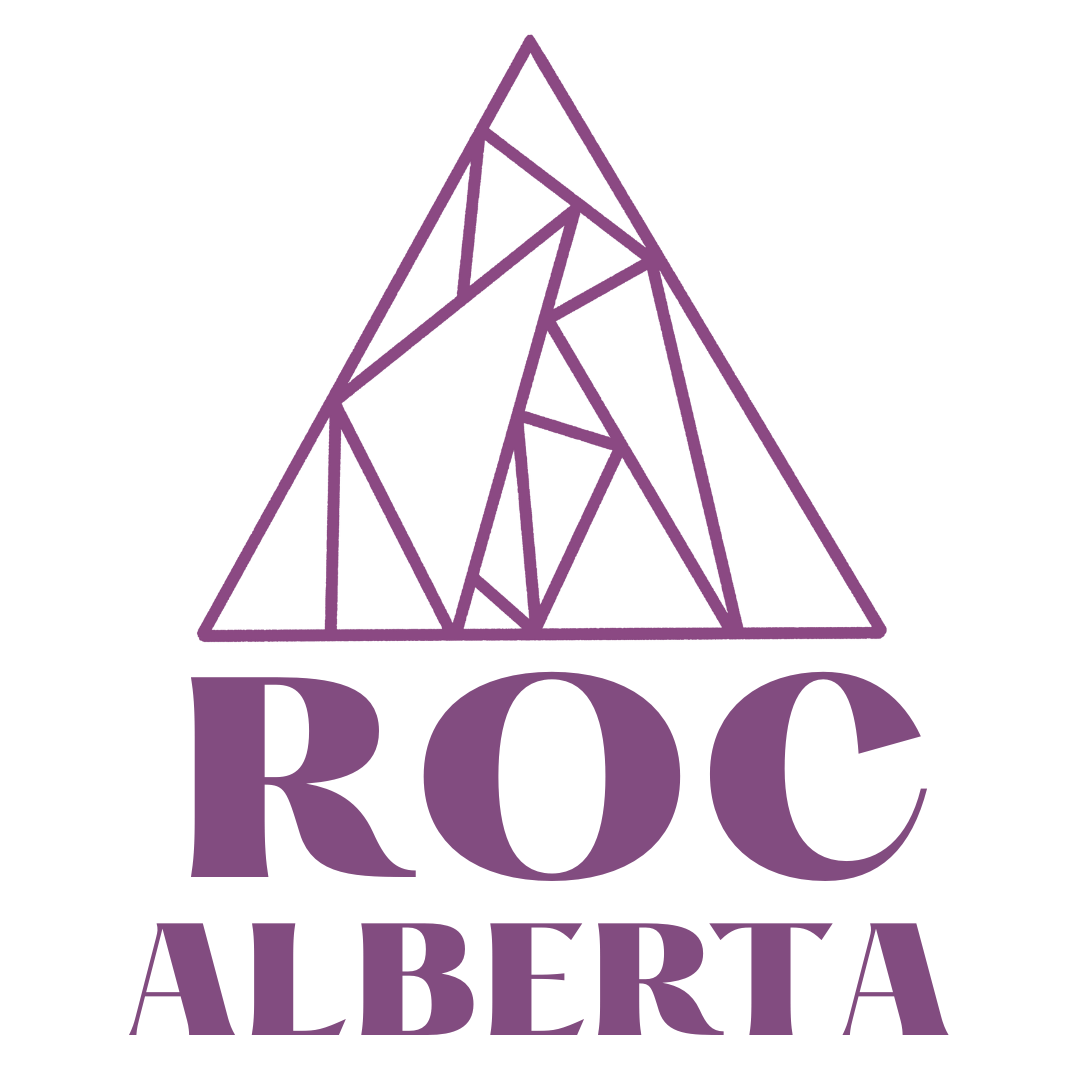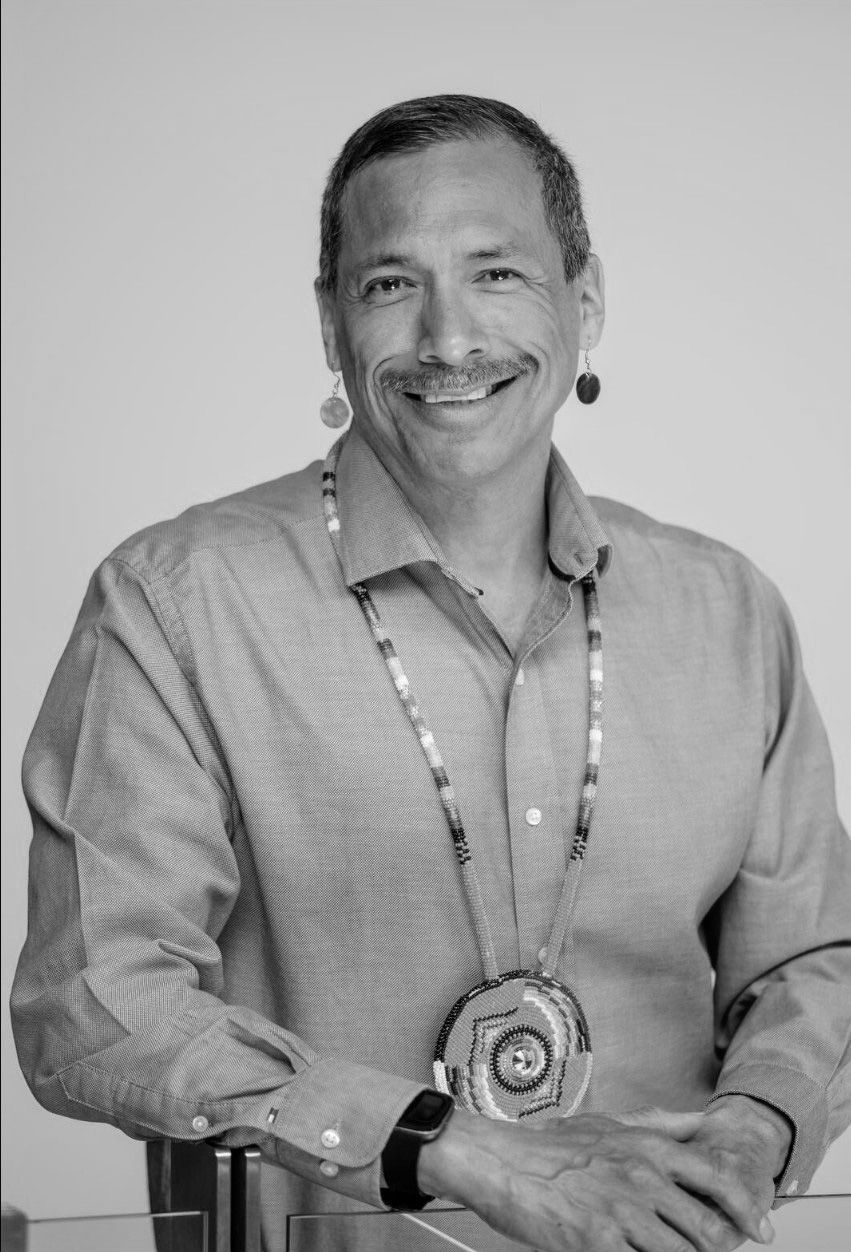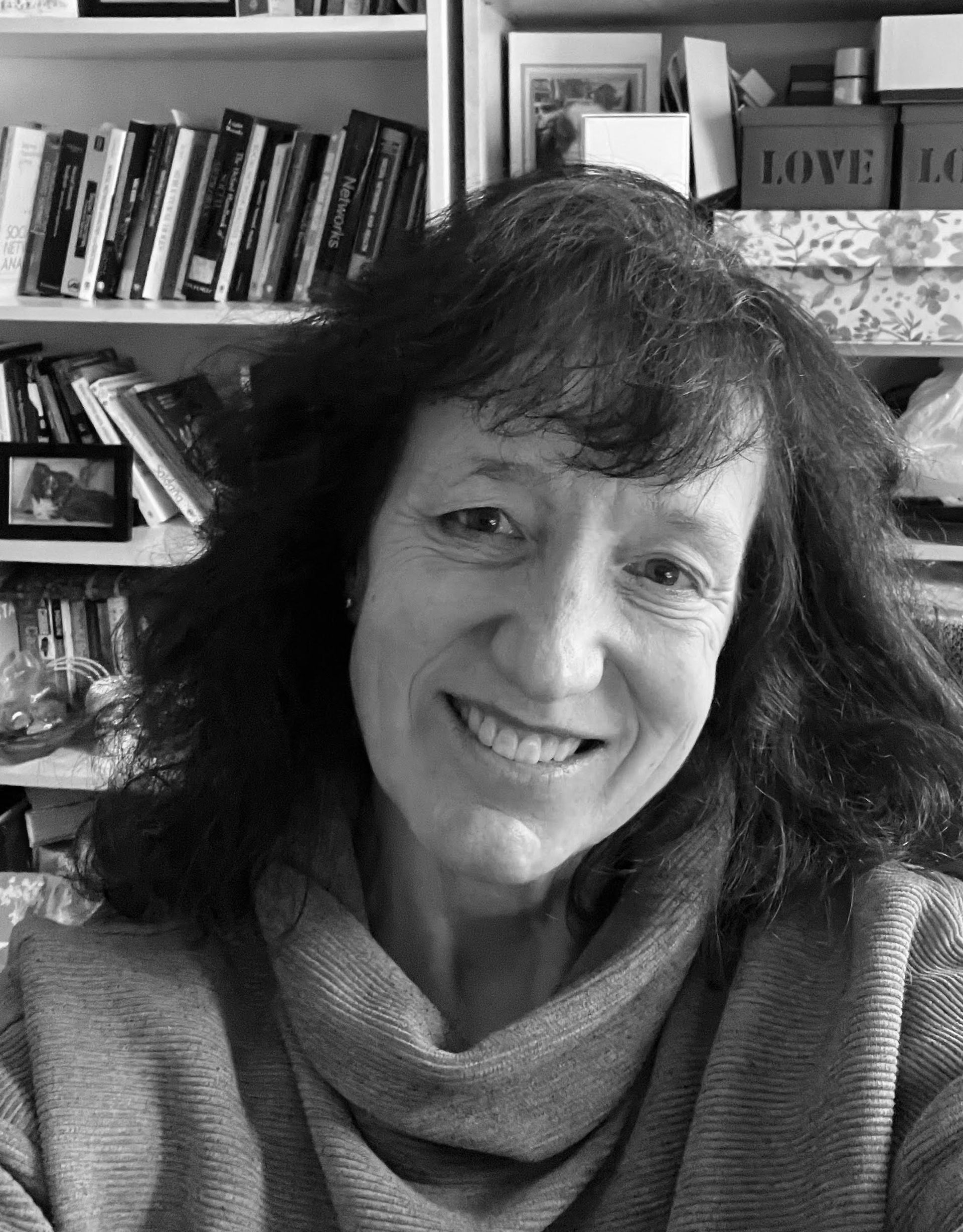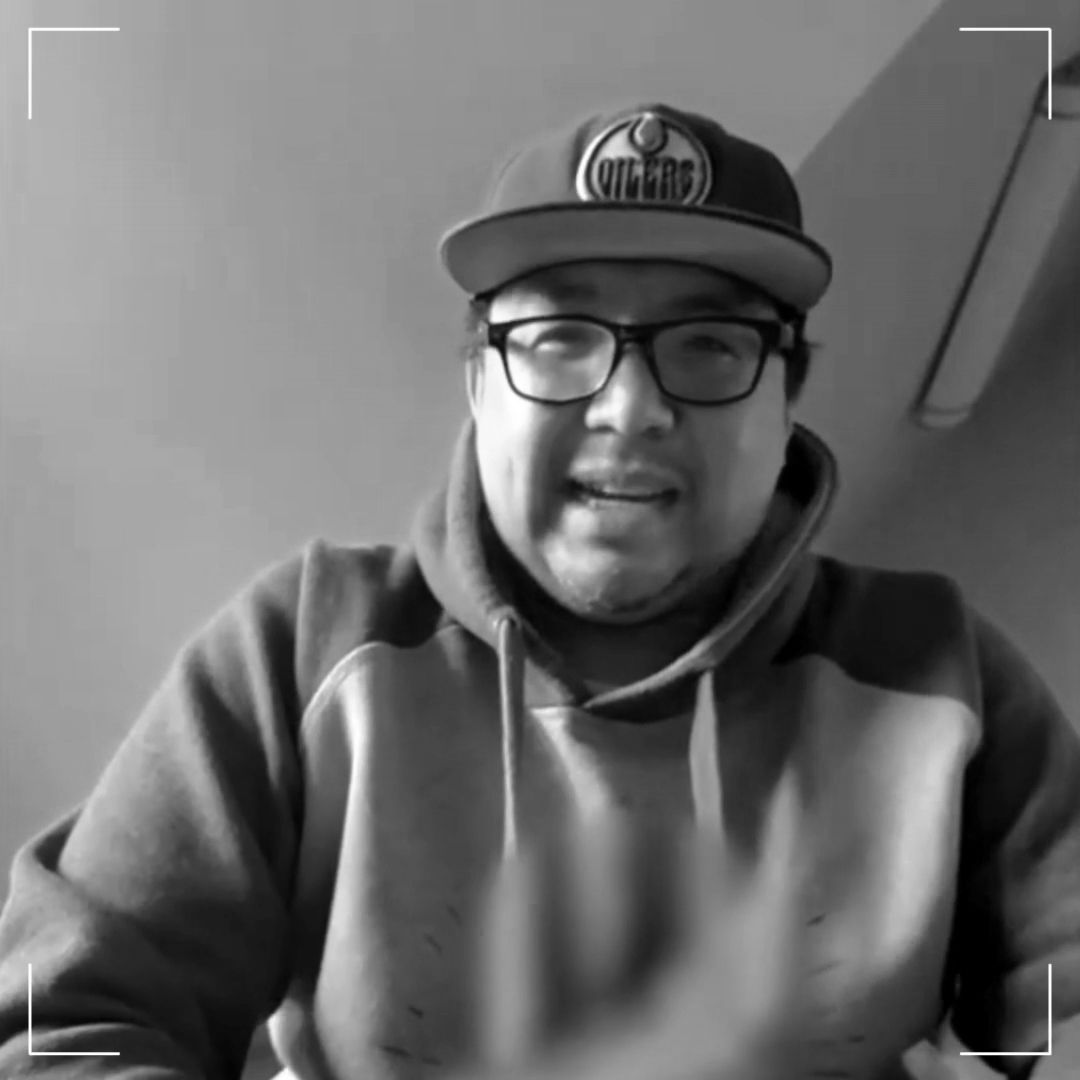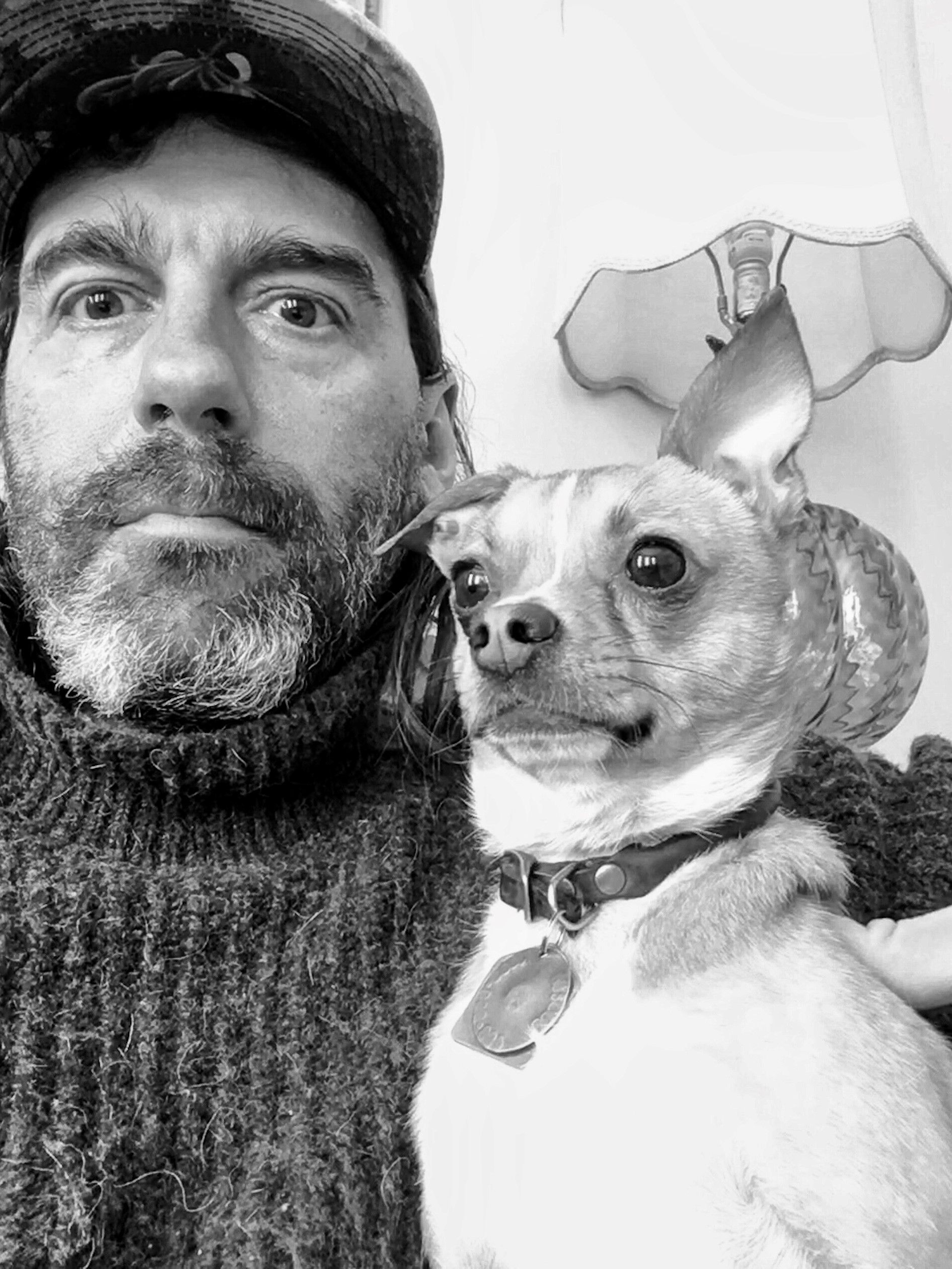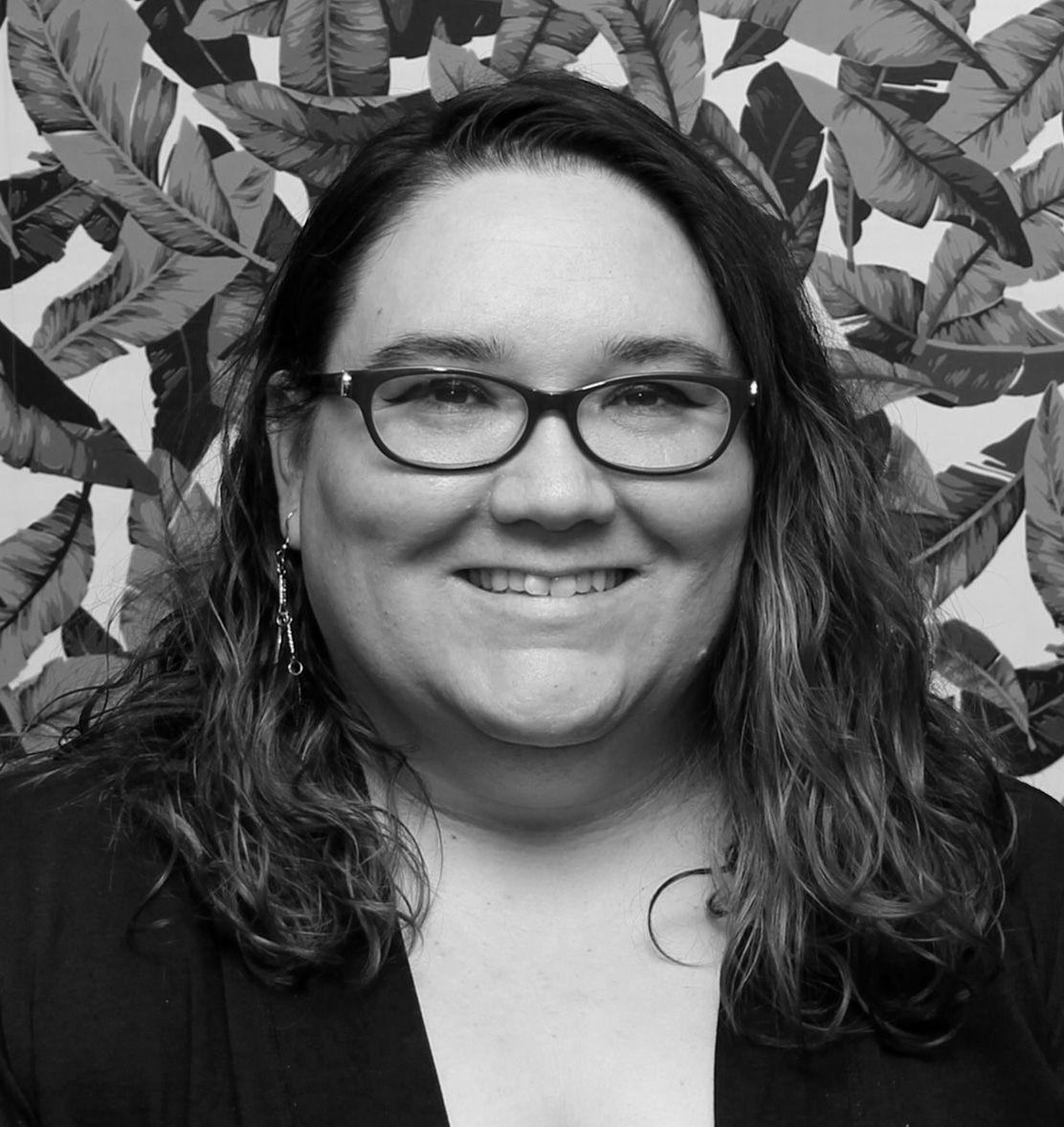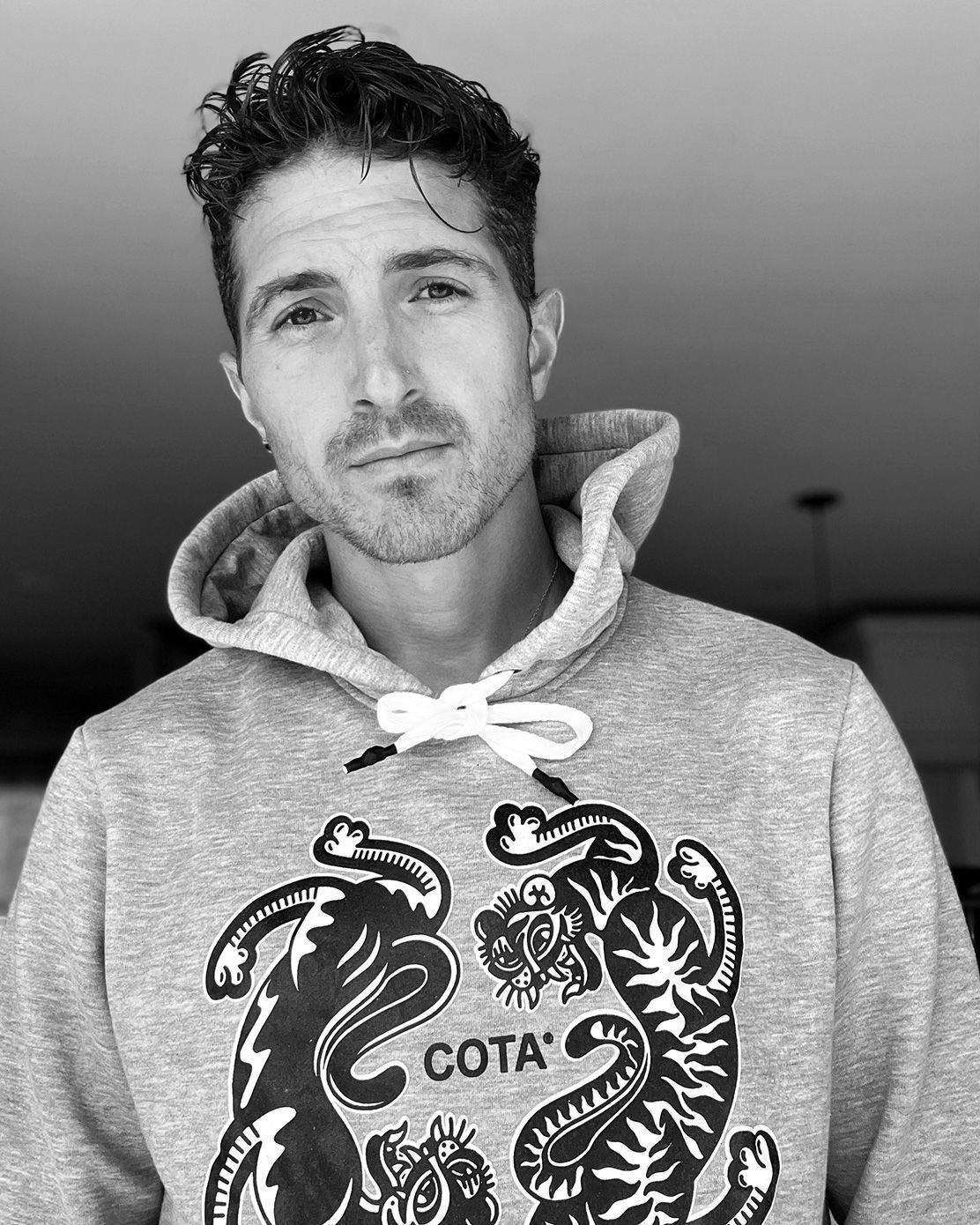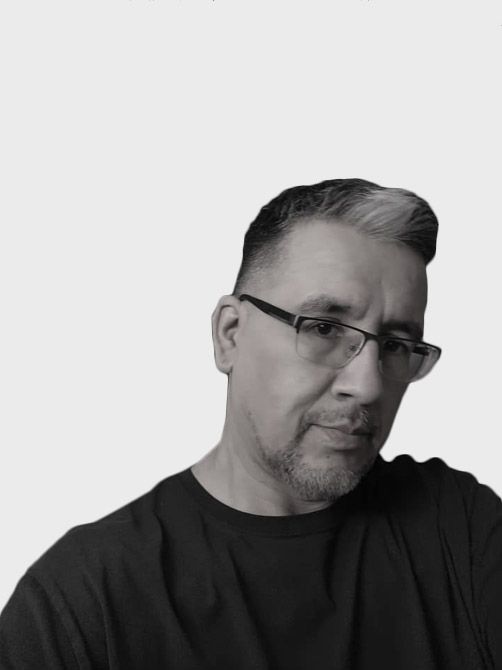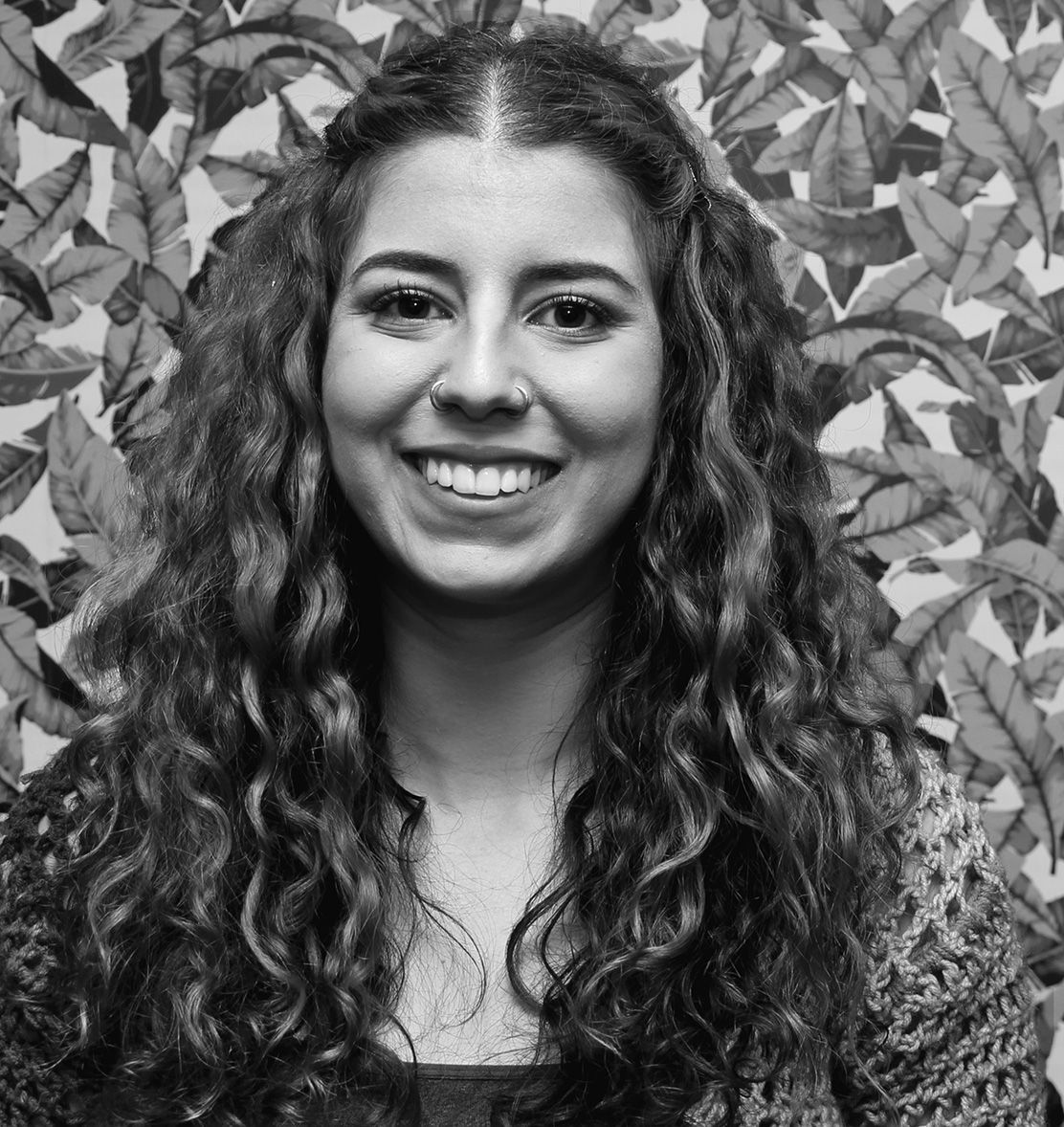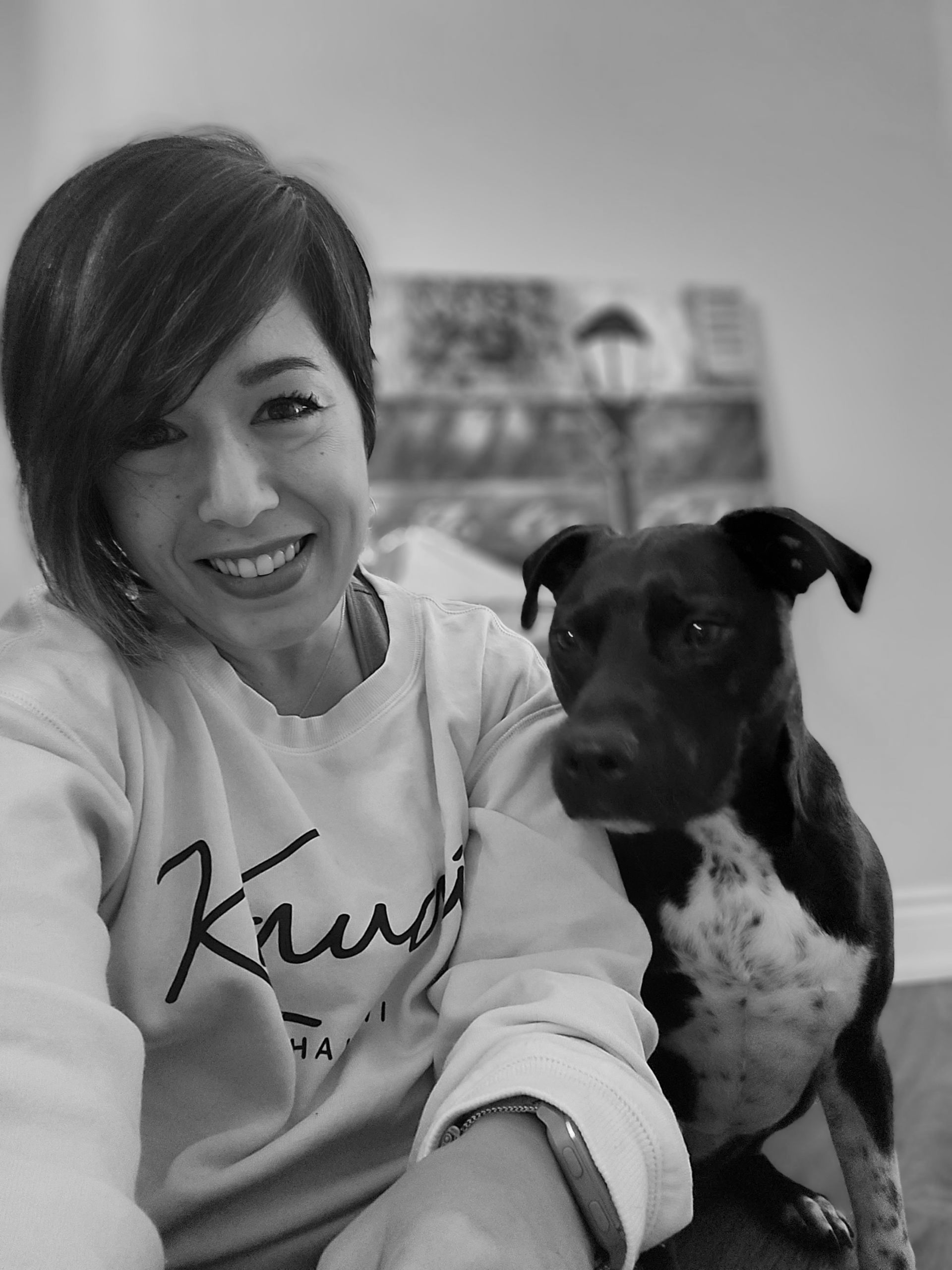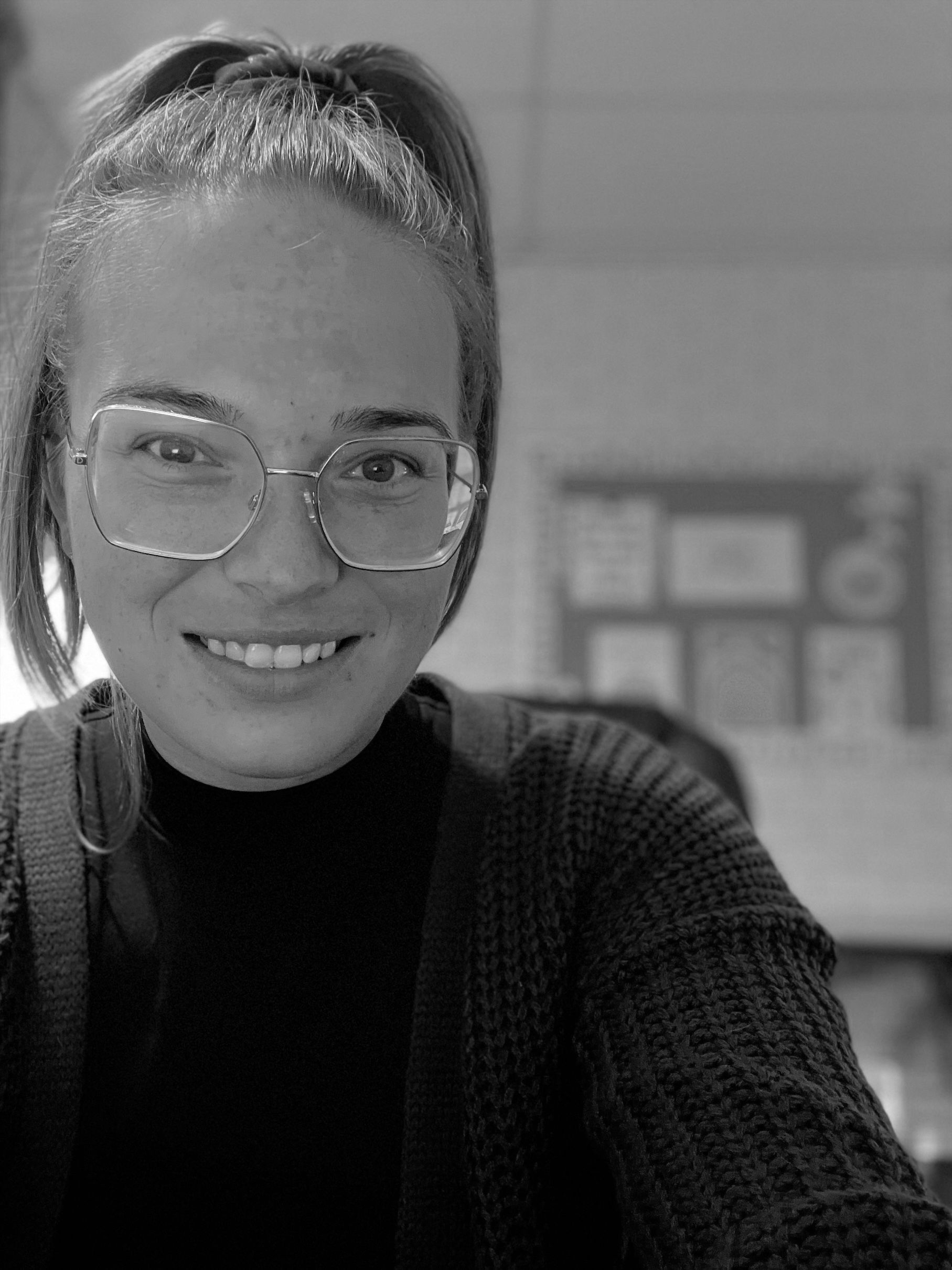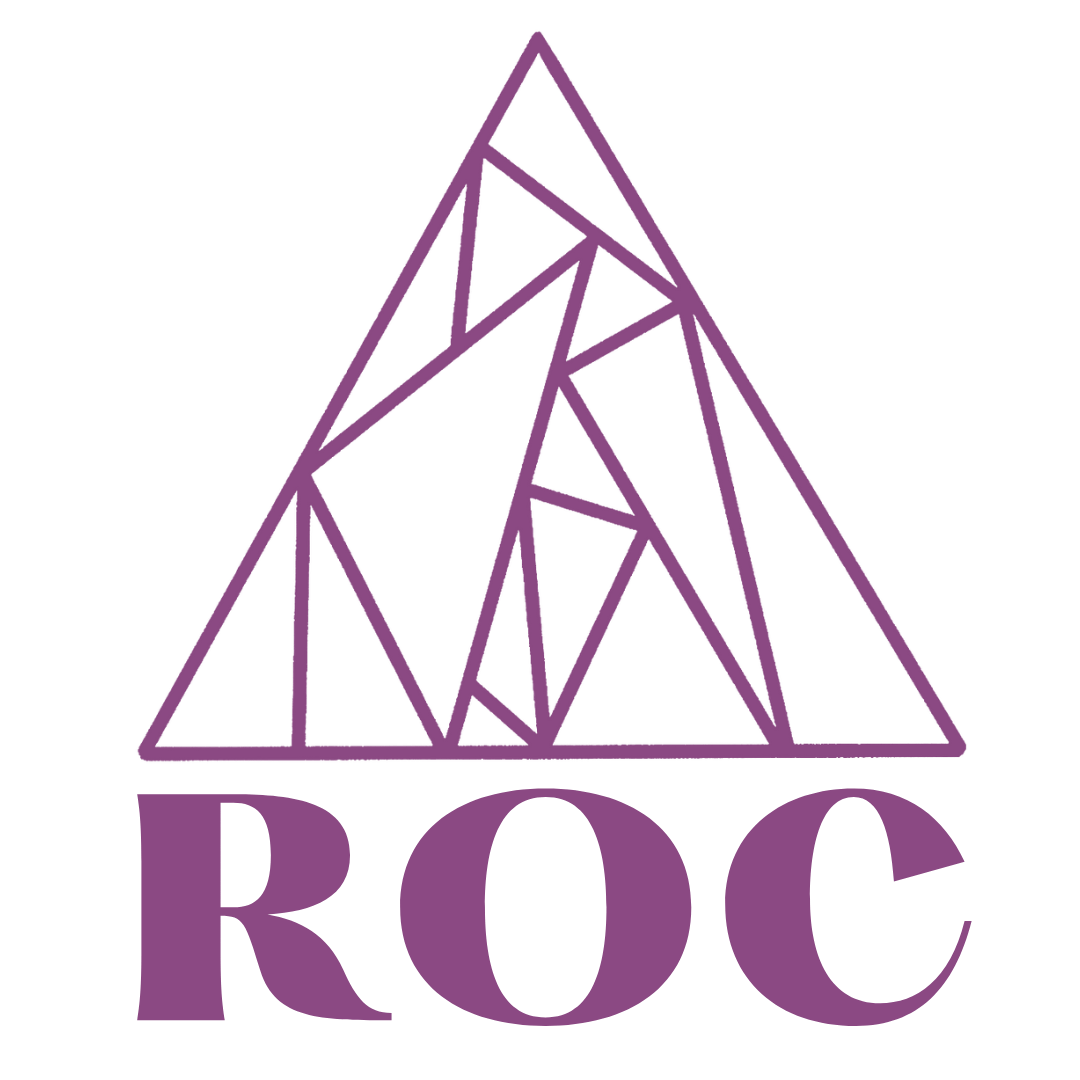Nicole Sobus-Jensen
My substance use began when I was 10 years old with smoking cigarettes and quickly led to cannabis, over the counter medication, and alcohol abuse. At 15, I was using methamphetamines, crack cocaine and drinking heavily. As my addiction progressed, I experienced homelessness, domestic violence, sexual assault and exploitation, an eating disorder, autoimmune diseases, self harm and suicide attempts, miscarriage, and several mental health diagnoses. I went to detox, treatment, and 12-step meetings, but still had difficulty staying clean. At age 21, I became pregnant again and went to a residential treatment program. During my stay there I learned how growing up with intergenerational addiction, mental illness, and domestic violence impacted me and for the first time realized I could choose a different life for myself. After I had my son, I tried employment, but was unsuccessful, so I went to school. However, during my studies I had many challenges and found out I have a severe processing disorder. Once I became employed, I still struggled and after many years was diagnosed as ADHD and sensory processing sensitivity. During this time, my recovery from substance abuse was inconsistent and I had many problems with relationships.
In 2020, I found the neurodivergent community online and began to understand that my processing needs and addiction were tied together as I developed a pattern of using something or someone to regulate myself. I learned about invisible disability and some reasons I had difficulty functioning in life consistently were due to genetic and acquired neurodivergence and a world which is not designed to accommodate my needs.
After 18 years in recovery, I began the MSW Clinical Program at the University of Calgary. Here, I hope to break down the stigma I experience by normalizing mental health and addiction and connect with others who want to make systemic changes. I choose to recover out loud because my recovery journey depends on me cultivating meaningful connections with others as my authentic self. I hope that by sharing my story, I can demonstrate how the recovery process is ongoing and we have unique needs and strengths that require celebration in post-secondary environments.
Everyone deserves the opportunity to pursue recovery
UCalgary Recovery Community is the Coordination Hub of Recovery on Campus. Supporting them is supporting us, donate now
LAND ACKNOWLEDGEMENT
We acknowledge the traditional territories of the people of the Treaty 7 region in Southern Alberta, which includes the Blackfoot Confederacy (the Siksika, Piikani, and Kainai First Nations), the Tsuut’ina First Nation, the Stoney Nakoda (the Chiniki, Bearspaw, and Wesley First Nations), and Métis Nation of Alberta, Region III.
